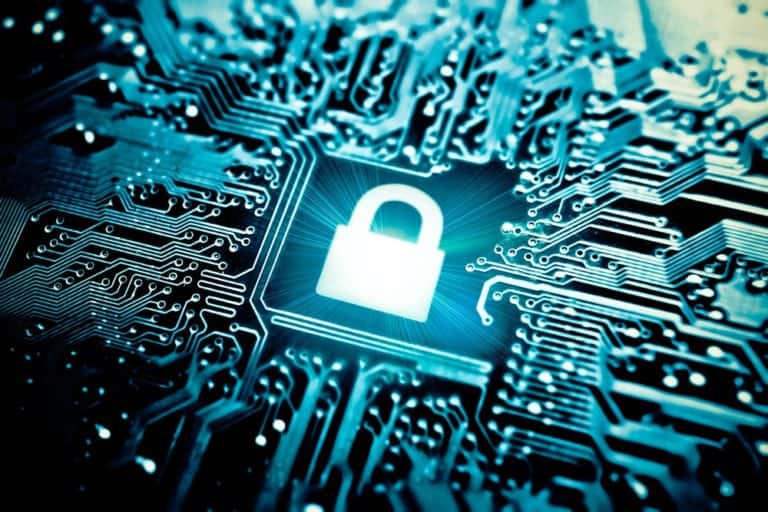It’s World Water Day today. This year’s theme: don’t leave anyone behind. Providing everyone with drinking water requires sustainable change and that requires not only efficient water management, but also safe data management. This is one of the most important priorities set by the government, the municipalities, water boards, provinces and also the water companies.
Last Wednesday the elections of the water boards took place. In the run-up to this, cyber security played virtually no role. But the Administrative Agreement on Water does indeed focus on this. Qlik and Oylo want to respond to this with a technological solution that can help guarantee cyber security and the quality of critical infrastructures.
Important infrastructure
This technology from Qlik and Oylo combines Big Data and Internet of Things (IoT) to obtain and manage data from key infrastructures and processes (such as drinking water, electricity, gas, chemicals and laboratories). All information generated by connected sensors located throughout the network is safely managed through this analytical solution throughout the delivery process.
This solution works by analysing cyber threats in real time. To this end, the company uses IOT technologies; these sensors can be used for data analysis for companies. Ensuring the security of information in critical situations is becoming increasingly complex. Qlik and Oylo’s solution combines different types of sensitive data – requiring advanced control – to detect any unusual pattern in the power supply network visually and in real time.
Early detection
According to Eduardo di Monte, Oylo’s CEO responsible for the project and integration with Qlik, the new solution can detect threats early and prevent them from happening. The result is greater agility when it comes to taking important decisions, guaranteeing the control of information at all times. “Simplicity is one of the solution’s most important contributions: its responsiveness and the possibilities for cooperation enable us to guarantee the control of information and the quality of the services offered,” Di Monte explains.
In the renewed Administrative Agreement on Water, more attention is now also being paid to cyber security. And that is desperately needed: at the end of 2017, for example, it became known that the water boards were unable to secure locks and pumping stations. Water management is one of the critical infrastructures and will only become more important in the coming years and require smarter, flexible and robust technological solutions.
This news article was automatically translated from Dutch to give Techzine.eu a head start. All news articles after September 1, 2019 are written in native English and NOT translated. All our background stories are written in native English as well. For more information read our launch article.